Ritual is about opening to the moment with symbols and action. It is about transformation that can happen at that time. It is about naming tough things and questions and not avoiding discomfort. It is inviting greater awareness and change.
Holy Week should be mainly a time for ritual and potential for change - not just ceremony. Ceremony is about honoring what has taken place with no expectation for change. It is about accomplishment or completion. Although it is necessary to remember much about faith and events during Holy Week, there is also a special invitation to transition into something new. Ritual offers a chance to move from belief systems to embodied knowing (Jim Clarke, Creating Rituals: A New Way of Healing for Everyday Life).
Ceremony has many symbols; ritual few. Ceremony has many words; ritual few. Ceremonies distinguish between a few people involved and the witnessing community; rituals involve all people in embodied action. Ceremony is about comfort; ritual is about engaging the shadow (anything you do not like about yourself) (Clarke).
The rituals of Holy Week ask us to journey without clarity about destination. They invite us to uncomfortable experiences. The ritual of Ash Wednesday began this journey. We used one powerful symbol (ashes) and a few stark words (“Remember that you are dust, and to dust you shall return”). All received, and all were asked to engage the reality of that we do not like: death.
Holy Week should be a time of unknowns. If we give ourselves to how God can work with us in this journey to the cross, it should be scary. To open to the necessity of that experience for understanding Easter is hard. Such is the reality of a faith that is personal; of a God wanting you to trust and know love as Jesus did.
May you have the strength - or weakness - to open to this time of ritual. May you feel the power of a worldwide faith community that does so with you. May you trust how Jesus, who is with you in this struggle, holds it and you so that you can be transformed. It will be complete. And there will be ceremony.

